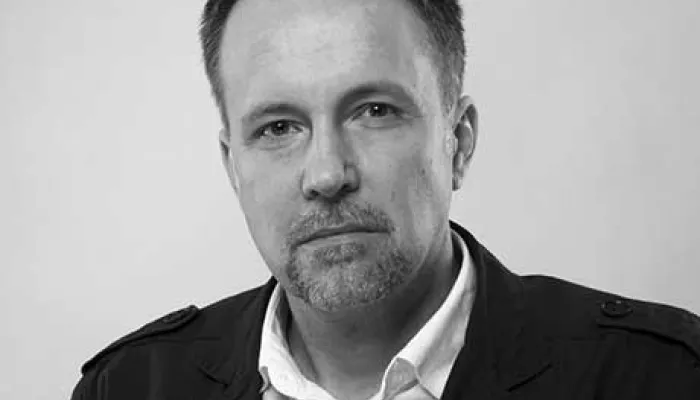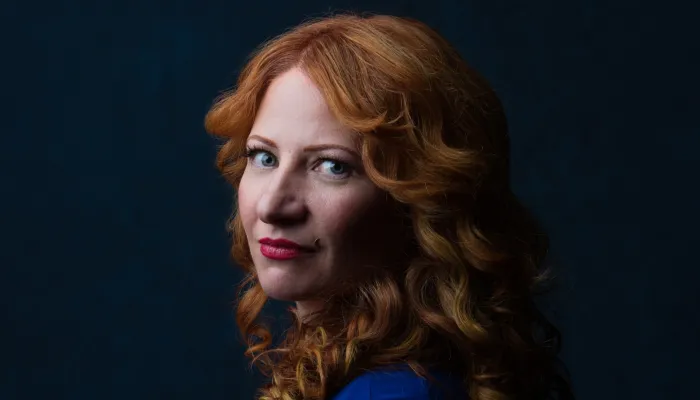Ashley-Elizabeth Best
Biography
Ashley-Elizabeth Best is a disabled poet and essayist from Kingston, Ontario. Her work can be found in New Welsh Review, CV2, Ambit Magazine, The Literary Review of Canada, and Glasgow Review of Books, among others. In 2015 she was a finalist for the Robert Kroetsch Award for Innovative Poetry, and her debut collection of poetry, Slow States of Collapse, was published with ECW Press. Best’s chapbook Alignment was published with Rahila’s Ghost Press in spring 2021.
A-E is interested in poems about the myriad of friendships and love that sustain us. Poems about medicalized and disabled bodies. Poems that help us to rise and resist what has sought to oppress us. Poems that provide space for the stories of those violently ommitted. Poems that listen. Poems that become instruments of change.
Micro-interview
I had a difficult time in high school and didn't enjoy my English/Creative Writing teacher. Our introduction to the course involved him reading his only published short story and then asking us to tell him what we liked about it. Most of my poetic interests developed outside of the classroom. My home life was complicated, full of poverty, violence, and uncertainty. I didn't see myself reflected in the literature assigned at school and it left me feeling like there wasn't a place for me in academia, or in the literary world. Thankfully, I was a voracious reader and used my minimal income working late nights at a convenience/movie rental store to buy all the dollar books at our local thrift store. There I found Helen Humpreys, Margaret Avison, and Susan Musgrave, to name a few. I remember sitting on my mattress on the floor, my brothers fighting behind the curtain I used as a bedroom door, reading a poem by Margaret Avison, "Alternatives to Riots but All Citizens Must Play." The poem ends with this stanza: "Risk/ survival! into/ some indestructible/ transmuted loss. There will begin/ perhaps, a slow/ secret, gradual, germinating/ in the darkness." These poetic voices helped me to realize I could shape myself into what I most needed to be, and that I could risk failure over and over again, if it meant I would escape and survive. Hope seeded itself in me.
I'm sure I was writing before I knew I was writing. The first poem I remember composing, and still have a copy of, is about one of my brothers. I had purchased a cheap violin after working for months at two jobs and found the most amazing tutor. Richard was my hero. He was fair and often wouldn't charge me for sessions because he knew I was paying for them myself. My brother Patrick wanted to play too, so my mother got a deal at the thrift store on the smallest blue violin I have ever seen. Richard fixed it up, and Patrick and I did lessons together for my last few years of high school. Again, Richard only charged occassionally, and often just for me. The poem I wrote was about playing with my brother in our tiny kitchen, knowing he was struggling with behavioural issues, and how much he wanted to master this little blue piece of wood. It was just us in the eye of our familial storm. I never thought of myself as a poet, I just knew I had stories to tell that were uncomfortable and important. I don't think it was until I started working with my poetry group, The Villanelles, that I trusted my own talent and perseverance enough to call myself a poet.
Poetry eases the pain of living in a world not built for you. At least it has for me as a disabled survivor of domestic abuse. Poetry is just the right words assembled rightly. We have the ability to shape it, to create something that is expansive and challenging. Poets have the ability to activate what we didn't know was dormant, generating a new lexicon for expressing the human experience.


